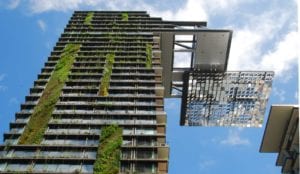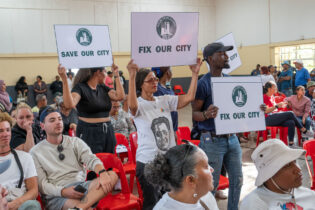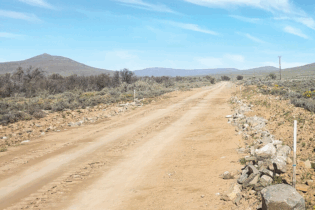
The GGC2016 will take place at the Southern Sun Montecasino Hotel, Johannesburg from 18th to the 20th October 2016.
The GGCs focus on promoting the adoption of green design principles and processes by built environment professionals, particularly those that apply their skills within the public sector as this sector is still lagging behind on green design knowledge and institution frameworks to guide the effective implementation thereof.
According to a property report compiled by the Property Sector Charter Council, the public sector contributed a total of R237-billion in 2014/15, of which around R102-billion was estimated to be in the hands of the Department of Public Works, R66-billion held by South Africa’s 19 largest State-owned enterprises and R69-billion by metros and selected local municipalities. This is why it is critical to involve those participants in these policy shaping discussions as it can help facilities and services departments execute their budgets smartly when it comes to green design infrastructure projects (it is estimated that green infrastructure can add between 1 to 5% when compared to conventional construction costs) Technical skills A key tenet to the GGCs is promoting technical knowledge exchange between private and public sector participants in the built environment which will hopefully assist in introducing sustainable change at the implementation level. In addition to this, and a first for South Africa, the GGC2016 will introduce a platform that promotes knowledge exchanges between the experts and university students who are looking for jobs in this emerging sector in South Africa. These are typically architecture, engineering and even non design orientated career fields such as finance, social sciences, etc. The participation of final year university student professionals is critical as it ensures these knowledge interventions will be sustained well into the future. The participation of university students is ensured through the assistance of university departments so that student candidates with an aptitude and keenness to grow their green design skills are selected as a priority. One of the ways the conference seeks to ensure the participation of the right candidates is through leveraging private sector donations to enable participation of deserving students in their final year of their studies. *Songo Didiza is the Executive Director of the Green Building Design Group





